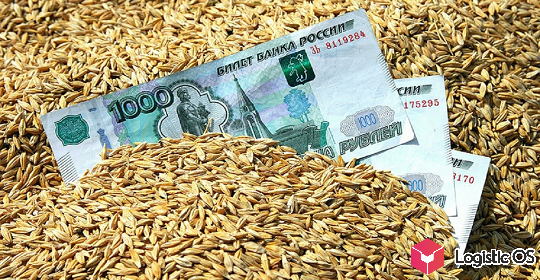It is predicted that in the foreseeable future, the share of the Russian Federation in the global oil trade may amount to 40% or even more.
In the current season, Russia’s share in the global sunflower oil market may amount to 42%, while at the end of the previous season, this figure was 38%, experts believe.
It is worth emphasizing that sunflower oil is the main product of the oil and fat industry, which Russia actively supplies to foreign markets.
However, for now, the Russian Federation ranks only second in the world in terms of export volumes of this type of product.
In total, about 5.9 tons were shipped for export this season, analysts report. At the same time, the main buyers were such countries as India and China.
It is possible that in the current season, deliveries may decrease slightly and amount to about 5.6 million tons. Such a decrease may be due to logistical difficulties that almost all exporters are currently experiencing.
In addition to oil, Russia also occupies a leading position in the sunflower meal market. At the moment, its share in this market is about 25%. First of all, Turkey and Belarus buy meal from the Russian Federation.
Experts emphasize that the export of oil and fat products is very important for Russia, since it is the main driver of the development of the entire industry.
For example, the production of soybean and rapeseed oils is mostly oriented towards export: 92% of rapeseed oil and 73% of soybean oil are sent abroad. At the same time, the share of such oils in the world market is still relatively small and amounts to 18% and 7%, respectively.
It is interesting that 90% of rapeseed oil supplied by Russia for export goes to China.
Such dependence on one buyer can create difficulties in further increasing production volumes, experts emphasize.
At the same time, there are other promising countries that buy such products.
For example, Russia currently supplies Algeria and Egypt with about 300,000 tons of soybean oil, while the African continent as a whole purchases up to 1.5 million tons annually. Obviously, there is a lot of room for growth here.
It is also possible that sunflower oil may soon be sent to the Middle East and Africa.
Despite the fact that these regions previously mainly consumed palm and soybean oils as cheaper ones, the price difference has now decreased so much that sunflower oil is becoming a fairly popular product in such markets, which creates great prospects.

